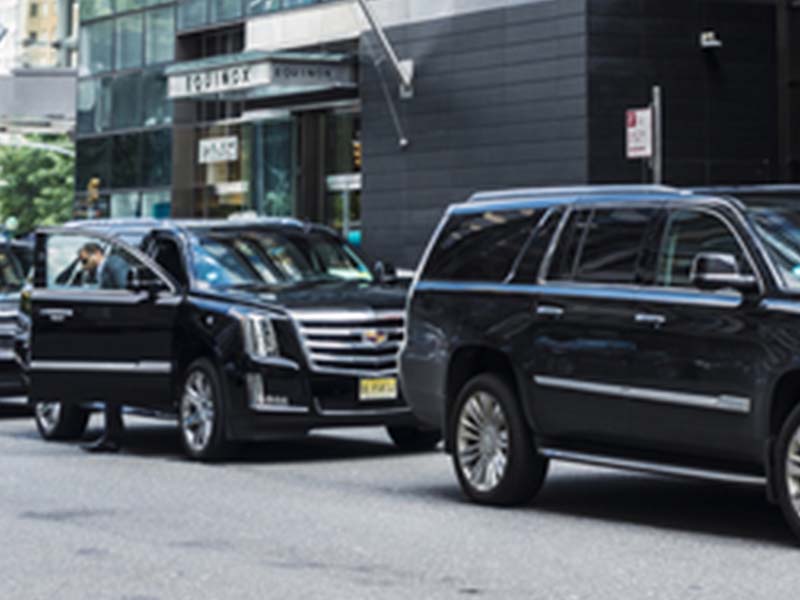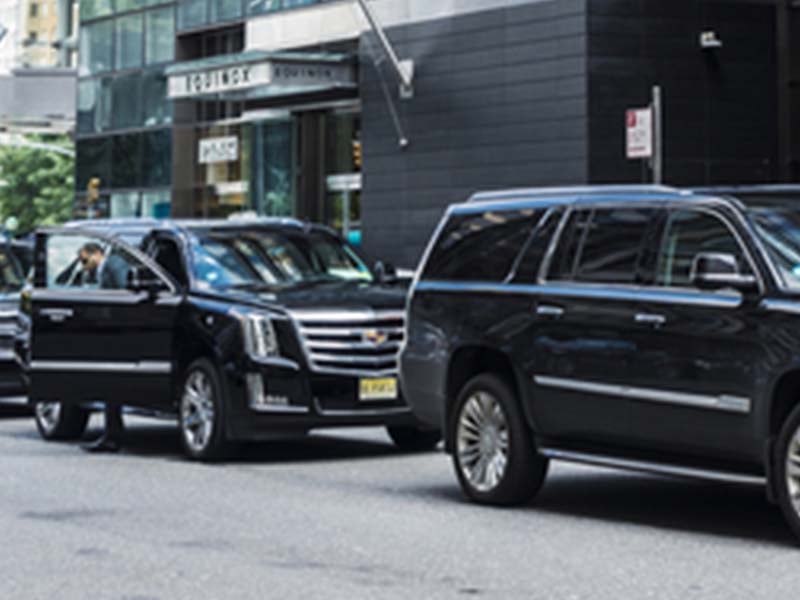
Governor Phil Murphy of New Jersey is pursuing an ambitious plan to phase out the sale of new gasoline-powered vehicles in the state, starting with restrictions in 2027 and aiming for a complete ban by 2035.
This move is part of a broader effort to combat climate change and improve air quality by transitioning to zero-emission vehicles. Murphy has touted this plan as a necessary step to secure a cleaner future for New Jersey residents, emphasizing the long-term benefits of reducing pollution from traditional cars.
However, this bold environmental push has raised eyebrows for another reason. Recently, it came to light that Governor Murphy and his administration have invested in a new fleet of gas-guzzling SUVs for themselves. This revelation has sparked criticism and accusations of hypocrisy, as Murphy advocates for stricter limits on gas-powered vehicles for the public while his team continues to rely on them.
Critics argue that this contradiction undercuts the governor’s message and raises questions about the feasibility and fairness of the proposed regulations.
On the other hand, Murphy’s office has defended the new vehicles, suggesting they are necessary for the demands of his administration’s work, although this reasoning hasn’t done much to quell public frustration.
As the debate continues, New Jerseyans wonder if the state is truly ready for such a sweeping change, especially when its leaders appear to be exempting themselves from the very policies they promote.

